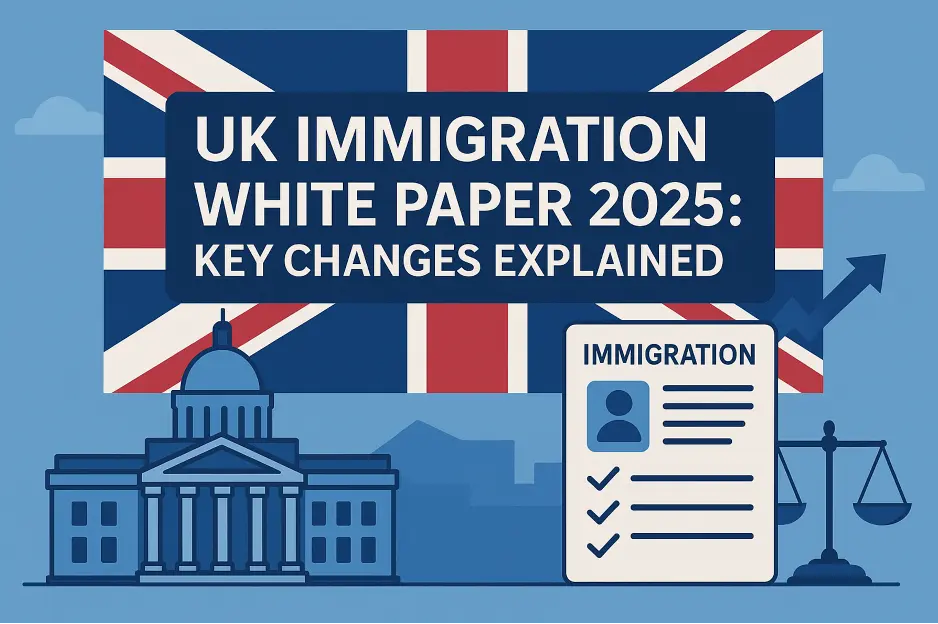
The President of Portugal, Marcelo Rebelo de Sousa, is expected to sign a newly approved law aimed at simplifying the process for nationals from CPLP (Community of Portuguese-Speaking Countries) nations to regularize their residency status in Portugal. Once implemented, this law will allow nationals from Brazil and Timor-Leste who entered Portugal as tourists to apply for residence permits without leaving the country.
However, nationals from other CPLP countries—Mozambique, Angola, Cape Verde, Guinea-Bissau, Equatorial Guinea, and São Tomé and Príncipe—who require a Schengen visa will still need to apply for one to enter Portugal.
One unresolved issue with this law is where CPLP nationals will submit their applications for residency, as this detail remains unclear.
The new law comes at a time when many immigrants, particularly from CPLP nations, are uncertain about their status in Portugal. For those whose residence permits have expired for almost a year, the new law provides a pathway to regularization. The deadline for President Rebelo de Sousa to sign the law is set for February 11, after which those affected can begin the process of obtaining regularized status.
Under the new regulations, Brazilian and Timorese nationals will be able to enter Portugal with just their passports, without the need for a Schengen visa. In addition to easier entry, they will also be allowed to apply for work, residency, or study permits. However, nationals from the six African CPLP countries who still need a visa to enter Portugal will have to follow the usual procedures.
This law is expected to particularly benefit Brazilians and Timorese, as they already do not require a visa to enter Portugal. Additionally, applicants from CPLP countries make up a significant portion of Portuguese Schengen visa applications. In 2023, 75.6% of all visa applications from Angola were submitted for Portugal, while Mozambique saw 66% of its 20,313 visa applications directed to Portugal.




















